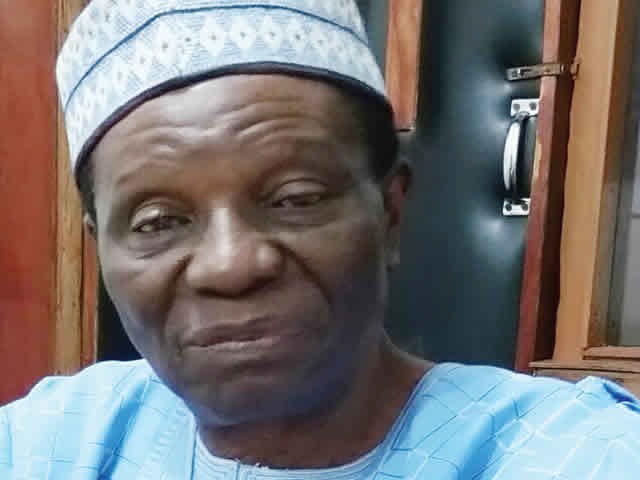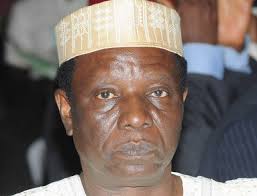Last week, Nigeria successfully recorded 3 events that greatly excited many citizens. They were obviously events that many people must have wished could continue without stop. One of them was the conviction and imprisonment of Ignatius Uduk, a professor at the University of Uyo (UNIUYO)who was found guilty of electoral malpractices. Uduk, who served as …

